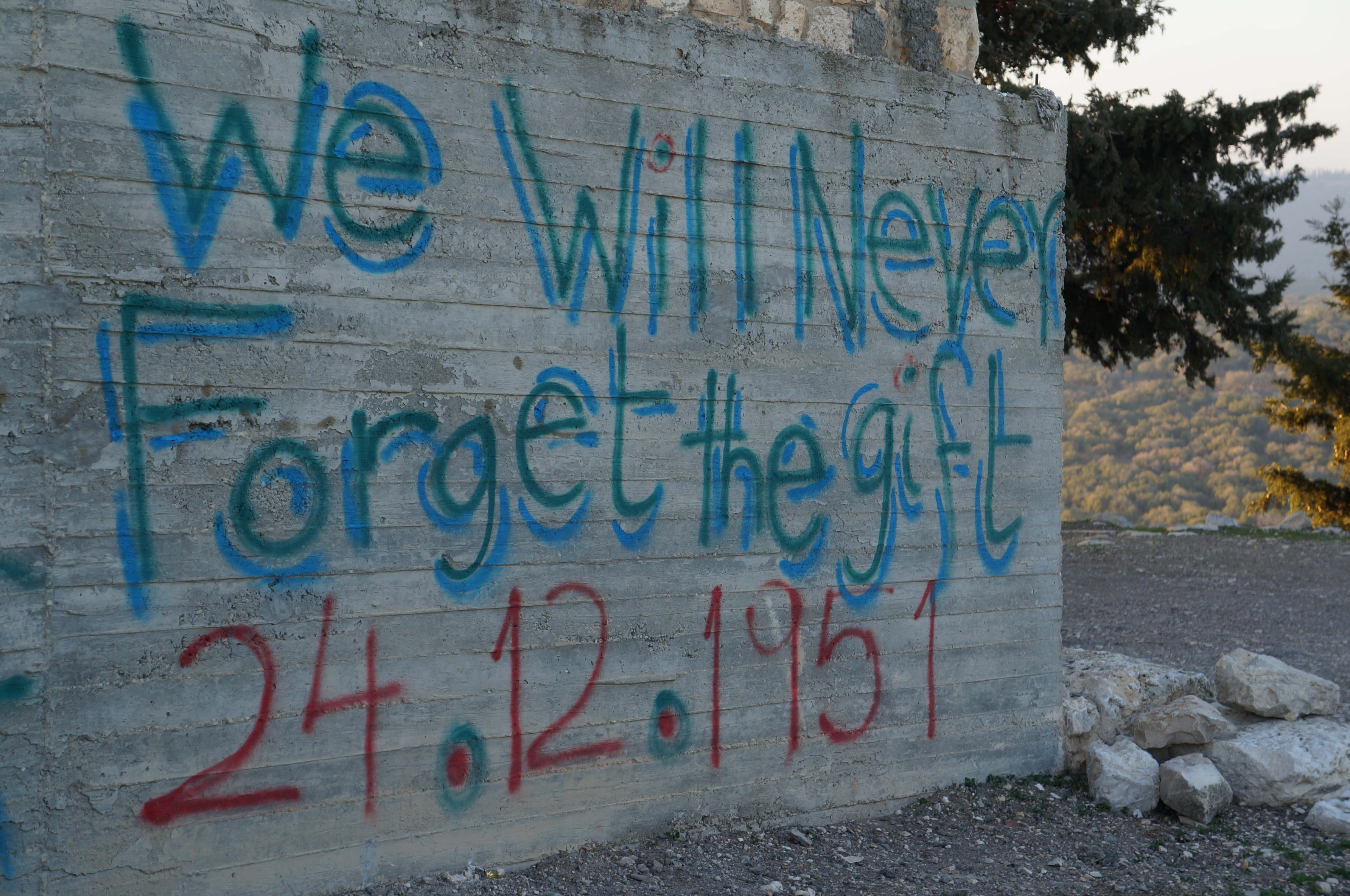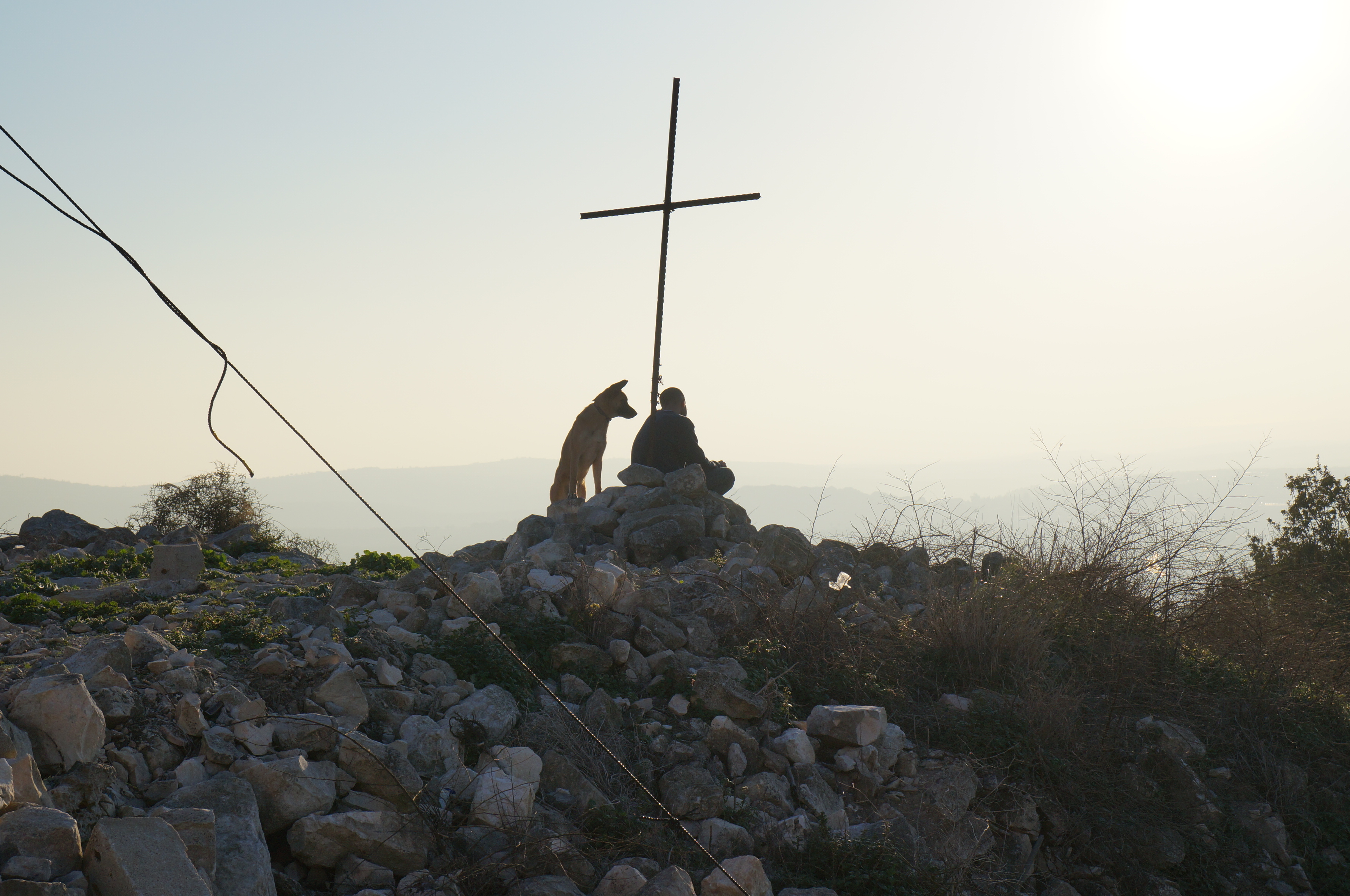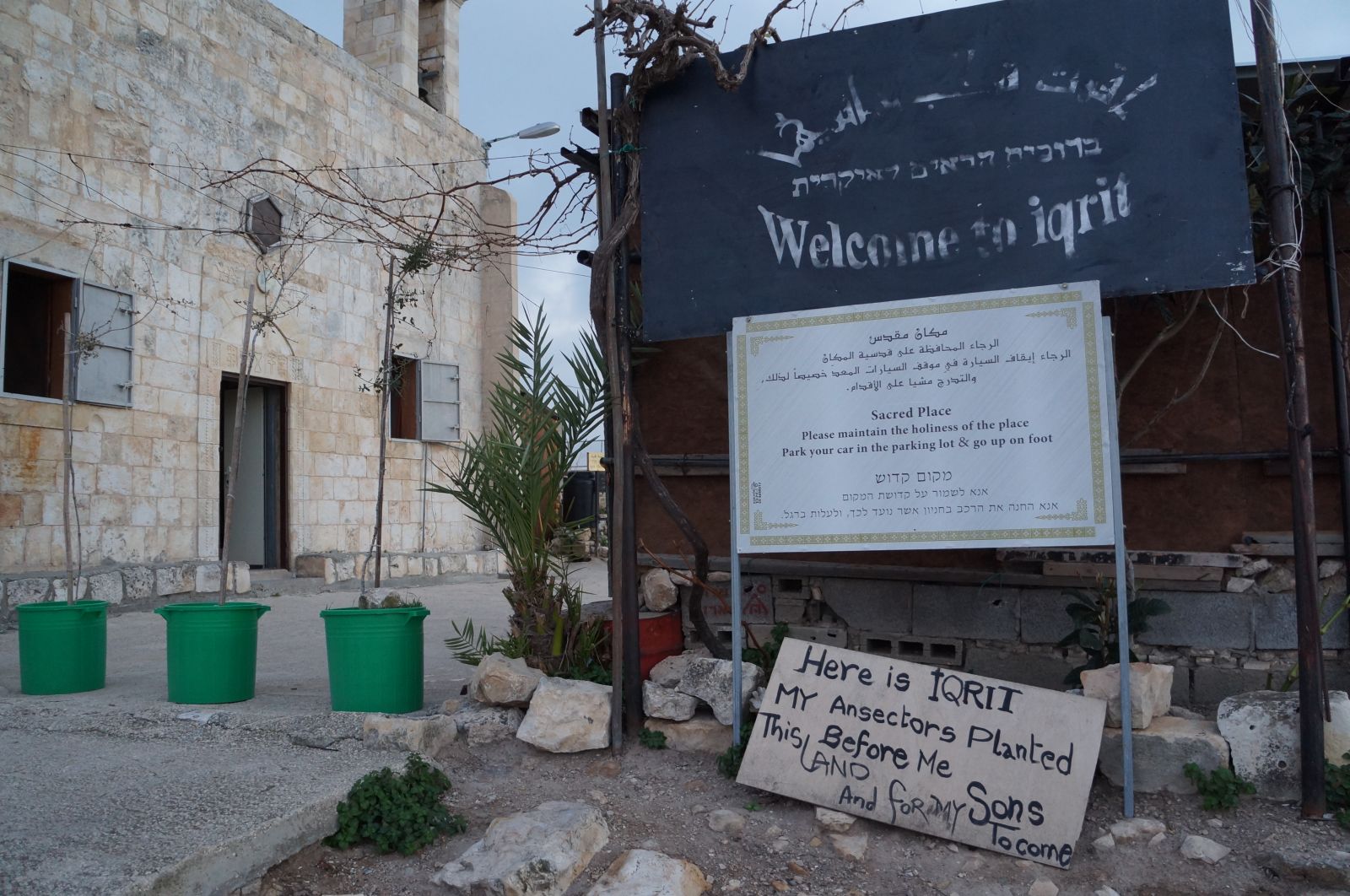Palestinian Christians conscription: the case of Iqrith.
Mariane S. Gennari*
The debate around the recruitment of Arab citizens of Israel to the Israeli military has intensified in the last month. In recent years, Israel has been increasingly proactive in the recruitment of Arabs to service. Some young people have been susceptible to the assimilation rhetoric of conscription but not many. The governmental push has been countered by a strong movement against conscription led by Baladna – Association for Arab Youth – and supported by most of Arab civil society. However, this month has seen a shift in rhetoric and a substantial push to recruit Christians from public figures. For example, an orthodox bishop from Nazareth, Bishop Nadaf Jibril, is encouraging conscription by discussing the benefits of military service and assimilation into Israeli society. Also MK Yariv Levin (LEKUD party) has strived to distinguish Christians from Muslims, supporting a rapprochement between Jews and Arab Christians.
Moreover, another component of this debate, which has been asserted by MK Levin, is the Christians are in fact not Arab. Furthermore, they are better than Muslims. These disturbing comments reveal sectarian tendencies. The proposal makes believe that military service is good for Arab population as an integration in the Israeli society which is, actually, really Jewish. This normalization is a plan to present the current situation as unquestionable and also natural. And obviously this makes difficult to Palestinians rebuilding their identity as a national group.
The role of the army, however, is to ensure the rights of Israeli Jews. The laws are different for the Palestinians and the military draft is a way to further segregate the Palestinian population living in Israel, encouraging a conflict between Christians and Muslims. This situation makes still more complex this segregation process if we consider the Druzes and the Bedouins as other specific groups of Arab citizens of Israel because the Druzes are obligated to serve the Israeli army since 1956 and the Bedouins disagree each other about the support to State of Israel and also to the IDF since there is a part of them who historically serves the army. The leader of the Greek Orthodox community council, Hakim Azmi commented about the subject: “Israel has tried to use military service as a way to break us up as a national group since the state’s earliest days. It wants us to be weak, separate religious communities incapable of organizing and demanding our rights” (In an article published by Jonathan Cook in <https://electronicintifada.net/content/israeli-army-recruitment-plan-aims-incite-christian-muslim-tensions/12645>).The young people of Iqrith are an example of the absurdity of this proposal. They are being compelled to join the same military army that destroyed their village.
Therefore, the youth of the third generation of Iqrith highlight the incoherence of the recruitment of Palestinian Christians to military service. Iqrith is a Palestinian Christian village that was destroyed by the Israeli army on December 24, 1951. Today, the remains of the village are within Northern Israel near the border with Lebanon. The only places remaining from its demolition are the church and the cemetery. This ‘Christmas gift’ left deep scars that are still being felt by the third generation of residents who were expelled from the region and not allowed to return forcing them to be internally displaced persons. Currently, Iqrith is the meeting point of this young generation who grew up visiting the place and listening to the memories of their parents and grandparents. For almost two years, the young people of the village have been reoccupying their village and it has become a place to meet friends, eat, drink, chat, play Ping-Pong, discuss politics, and other activities.
The young men of the village are appalled by the suggestion that they should be drafted to the military. According to one of the young people from Iqrith, Haytam Sbait, 24, "there is no reason to have any doubt about refusing this call… this same army was the one who expelled my grandparents and destroyed our village, why would I accept to be a part of it?" Despite the potential benefits of service in the IDF, their political position against military service is quite clear. For these young people, there are no benefits that can reward the loss of home. Reoccupying Iqrith is the way they are able to resist against this kind of normalization and also to remember they are all Palestinian, in spite of their religious view.
For the young generation of the village, those who accept to serve in the army are isolated individuals, less politicized and wishing to enjoy the benefits offered by the State of Israel. "This is not something we should worry about", says Haytam. In addition, young people from Iqrith believe those who are interested in enlisting are a minority also in Nazareth, where the issue has been discussed intensively. Haytam remembers that this recruitment is enhanced mainly by the speech of only a one cleric who does not represent the majority of Palestinian Christians, Bishop Nadaf, from the Greek Orthodox community. Nadaf indeed had met Prime Minister Binyamin Netanyahu last November to strengthen relations between the State of Israel and Israeli citizens of Arab Christian community.
Young people are keen to occupy the space around the church which was once the center of the village. They share a life in this place in order to strengthen ties with their Arab origins. Last weekend they were with elders from the first generation because a funeral was going on in the cemetery of Iqrith and this is an example of how the village has been important to connect different generations and also how this contributes to reconstruct their Palestinian identities. Israeli law allows that burials occur in the birthplace of an individual. Israel allows the Palestinians to have a ‘dignified death’, but they didn't have respect during their lives. Thus, Iqrith remains resisting the oppression of Israel and also their attempt to turn their society in a Jewish homogeneous population when, for example, the State of Israel works to teach Hebrew language and Jewish History for Arab people instead of the Arabic and the Palestinian context.
It is clear for young people that the conscription should be refused and the religious figures who support it are not representative of Palestinian Christians and should be strongly discredited. They grew up in Iqrith with the memory of to be part in an Arab origin and because of this they have been living under discriminatory laws and racist actions from Israel. This also was done with attempts to forgetfulness of Palestinian history with a strengthening of an exclusively Jewish reality. The recruitment to military service for young people from Iqrith is not only contradictory and unthinkable for them as a new generation of internally displaced people, but it is absurd, since the army continues expelling other Palestinian communities from their land while protecting the Jewish settlements often in the same place. Finally, is important to say the young people of Iqrith are still committed to reoccupy the village that their parents and grandparents were expelled from. They are of Christian descendants but this makes them no more or less Palestinians. They keep refusing to serve in the military army that destroyed their village and also they continue to reconstruct their Palestinian identity.
*Intern at Baladna – Association for Arab Youth












 فاكس 8523427-04
فاكس 8523427-04